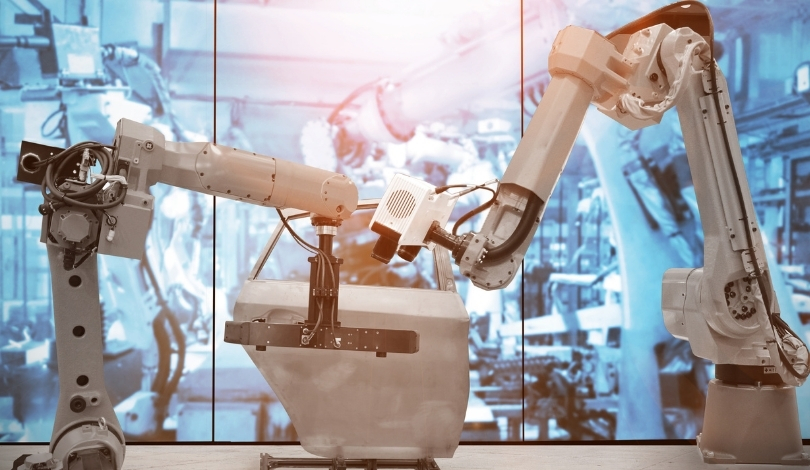Germany’s top robotics institutions have joined forces to launch the Robotics Institute Germany (RIG) with a vision to become the central hub for robotics innovation in the country. This initiative, spearheaded by the Technical University of Munich (TUM), aims to leverage Germany’s historical industrial strengths and drive advancements in AI-based robotics. At the recent AI-Based Robotics 2024 conference in Berlin, key figures from TUM and the Karlsruhe Institute of Technology (KIT) unveiled RIG’s strategic objectives, emphasizing its potential impact across various sectors.
Strategic Objectives
RIG has outlined five primary goals to ensure Germany remains competitive in the global robotics arena. These include fostering globally competitive research, sharing resources and infrastructure, promoting talent development and education, establishing benchmarks and competitions, and facilitating the transfer of research outcomes to industry. These objectives aim to address specific national challenges and promote advancements in AI-based robotics.
Collaborative Efforts
A coalition of ten universities, including TUM, KIT, and institutions like the University of Bonn and RWTH Aachen University, are key participants in RIG. They will be supported by organizations such as the German Aerospace Centre and the Max Planck Institute for Intelligent Systems. This collaborative network plans to pool their expertise to create a robust, decentralized research environment.
Industry Integration
Crucially, RIG aims to bridge the gap between research and industry by developing cutting-edge applications for robotics. The initiative intends to enhance Germany’s startup culture, promote new application fields, and boost the commercialization of research innovations. Annual reviews will assess the impact of these efforts on startup growth, patent filings, and industry funding.
Germany has a rich history of contributions to the field of robotics and AI, and this new institute is seen as a timely response to similar trends in the U.S. and other countries. German robotics and AI researchers have been significant players on the global stage, and RIG seeks to consolidate these efforts to maintain and enhance this leadership position. This initiative is not just about keeping pace but setting new benchmarks in the evolving robotics landscape.
Federal Research Minister Bettina Stark-Watzinger highlighted that Germany’s existing strengths in AI and robotics provide a solid foundation for RIG. By bringing together top talent and research resources, the aim is to create a decentralized but cohesive research network that can integrate AI advancements into practical robotic systems, potentially transforming various industries and everyday life in Germany.
The launch of RIG is seen as a strategic move to ensure that Germany continues to innovate and lead in the field of AI-based robotics. By focusing on collaborative research, education, and industry integration, RIG aims to make significant contributions to the global robotics community and enhance Germany’s position as a leader in technology and innovation.










